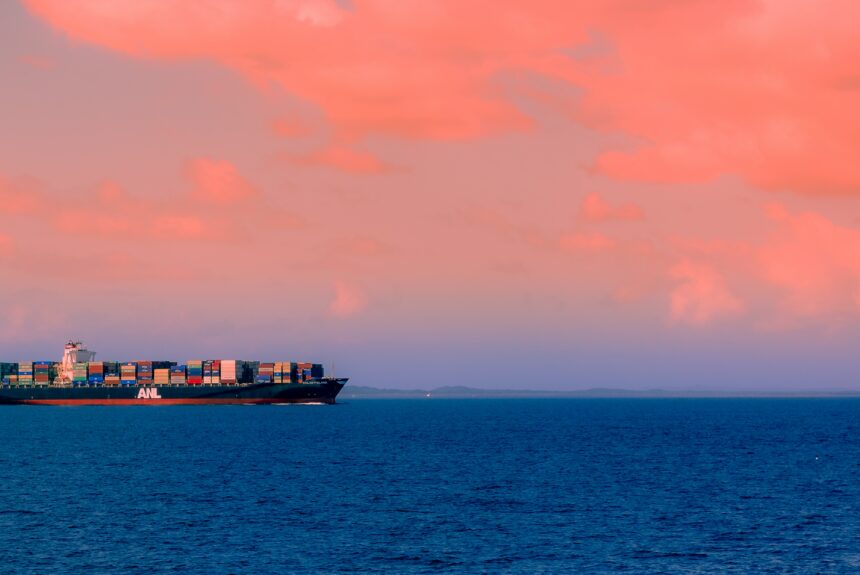Global trade and maritime shipping are responsible for delivering the goods and products that power modern society. While shipping allows consumers to enjoy more fuel-efficient vehicles and affordable household items, it also accounts for a noticeable, albeit not outsized, share of global emissions. According to the International Maritime Organization shipping generates around 3% of all global greenhouse gases due in large part to its use of fossil fuels.
With more companies looking to reduce supply chain emissions, the maritime industry is facing mounting pressure to find more sustainable ways to transport products across the sea. This has led several innovative businesses to develop low-carbon alternatives to maritime shipping.
>>>READ: An Innovative Solution to Reduce Air Travel’s Climate Impact
For centuries, ships used the power of wind to traverse the oceans. Now companies are coming back to this traditional transportation method, with a modern twist. Using wind propulsion, ships are able to use the power of wind to supplement the propulsion of a ship’s engine. This can lead to higher fuel efficiency and fewer carbon emissions. One of the most impressive wind propulsion systems is on the massive Pyxis Ocean cargo ship, which set off for its maiden voyage from Singapore to Brazil earlier this year. The ship is fitted with 123-foot tall WindWings sails that are fixed to the deck and constructed from the same durable material as a wind turbine. In port, the sails are folded down then raised and opened when moving. It is estimated that each of these wings, which were developed by BAR Technologies, is saving the Pyxis 1.5 tons of fuel per day, which equates to a CO2 saving of 4.65 tons per wing per day.
Other wind-powered ships are in the pipeline, with an estimated 100 vessels already believed to be installing wind-assisted technology.
In Japan, successful trials have been completed using liquefied biomethane (LBM) derived from cattle manure biomass as a marine fuel. This project has received backing from Japan’s Ministry of the Environment and MOL Shipping. The trials confirmed that LBM could be used by an existing vessel as marine fuel, with truck-to-ship bunkering provided by existing LNG tank trucks within the existing supply chain. The tests involved a 6,550-ton general cargo ship Ise Mirai operating along the Japanese coast. Incorporating LBM into existing LNG (liquified natural gas) operations will allow MOL to reduce its CO2 emissions by more than 25%.
Nuclear power is seen as another potential long-term option for commercial shipping. Already used by naval fleets in the US, UK, Russia, China, France and India, nuclear energy could allow ships to eliminate greenhouse gas emissions and dramatically reduce the need to refuel.
>>>READ: Free Trade Agreements are Key to Environmental Progress
The American Bureau of Shipping recently completed a major study undertaken by the Hebert Engineering Corp (HEC) which lends credence to the use of nuclear energy in maritime shipping. The report considered the use of a 300-megawatt lead-cooled fast reactor on a 14,000 TEU Post-Panamax box ship and a set of 5-megawatt heat-pipe microreactors aboard a 157,000 dwt Suezmax tanker. In both instances, the use of these nuclear technologies eliminated refueling times and carbon emissions while increasing cargo capacity and operating speed. The US Department of Energy has awarded ABS with a contract to further research barriers to utilizing advanced nuclear propulsion on commercial vessels.
With the race to reduce shipping’s environmental footprint heating up, several technologies are showing promise as an alternative to the oil and diesel that currently power the maritime industry. Innovation and technological discoveries may soon lead to a lower-carbon shipping future.
Angela Youngman is a long established freelance journalist and author based in the UK specialising in business, sustainability, travel, tourism, leisure, food & drink.
The views and opinions expressed are those of the author’s and do not necessarily reflect the official policy or position of C3.
